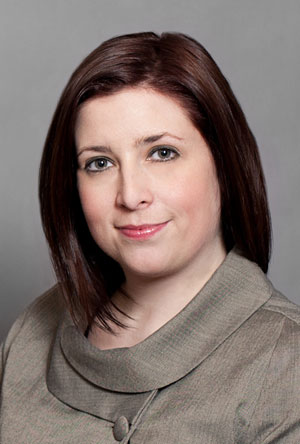I’ve missed more than 9,000 shots in my career. I’ve lost almost 300 games. 26 times, I’ve been trusted to take the game winning shot and missed. I’ve failed over and over and over again in my life and that is why I succeed.
- Michael Jordan
Everyone makes mistakes. Unfortunately, lawyers have big egos, which can stand in the way of seeing mistakes as learning, mentoring and teaching opportunities. Generally, law firms have a culture of keeping errors closely hidden behind closed doors and in strictly confidential discussions with general counsel and the insurer. Lawyers worry that if their colleagues learn of a failure, they will somehow entirely lose years, perhaps decades, worth of reputation and goodwill.
The problem with the culture of secrecy around mistakes is that very critical learning opportunities are lost. It took Thomas Edison 10,000 attempts to create a light bulb. It took James Dyson 5,126 attempts to invent a bagless vacuum cleaner. Every successful business person I have ever encountered has stories of the many times their attempts at success failed. These people describe clear lessons they learned from earlier mistakes. Quite simply, success cannot exist without mistakes along the way.
Self-criticism and mistakes were the topic of this week’s
Pinkcast from bestselling author Daniel Pink. I discovered Pink and his book
Drive: The Surprising Truth About What Motivates Us when I was learning about engagement and productivity to better assist my employer clients. Since then, he’s had several other bestsellers.
This week’s Pinkcast was called
“Whoops the Monkey” and featured Kim Scott, author of
Radical Candor: Be a Kickass Boss Without Losing Your Candor. If you have 111 seconds, click on the link and watch it yourself. Scott, a former Google executive, advocates for meetings with a stuffed monkey, particularly the flying, screaming sock monkey. Whomever discloses the biggest mistake wins the monkey. Forgiveness is blankly provided in advance of disclosure. The purpose is innovation through collective learning from mistakes.
We lawyers have to get past the notion that mistakes bring shame. We also have to get past the urge to blame. Dr. Brené Brown has a wonderfully informative
explanation of blame and how blame (i.e., asking who is at fault) is simply the discharging of discomfort and pain (a form of anger) and actually has an inverse relationship to accountability.
Instead of engaging in blame and shame, we should be acknowledging that mistakes are inevitable and actively encouraging each other to have candid and open discussions of lessons learned. The developing and implementation of a process to learn from mistakes should be part of the mandate of every person who has a management or innovation role.
Let’s bring mistakes, errors, failures, claims and/or simple lessons learned out from behind closed doors into the boardrooms, retreats and practice group meetings.
When we give ourselves permission to fail, we, at the same time, give ourselves permission to excel.- Eloise Ristad

